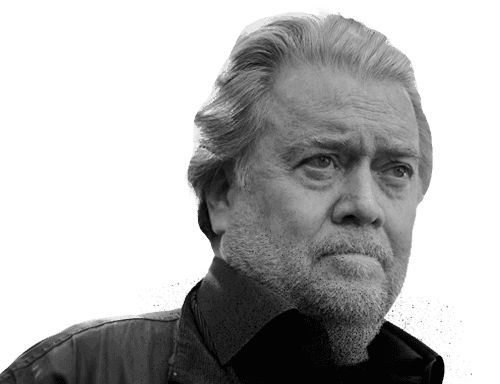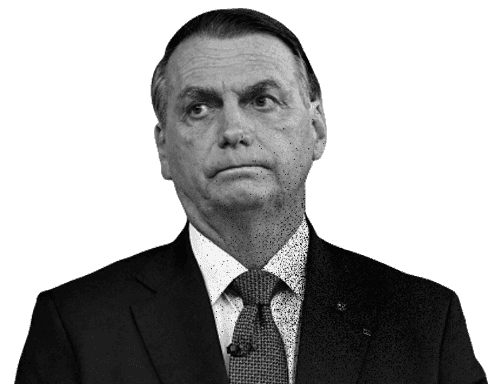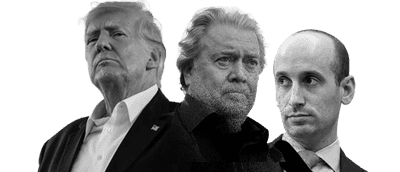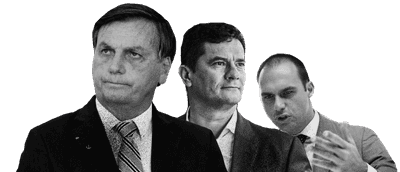He spent four years in the United States Navy before pursuing an investment banking career. After working with Goldman Sachs, Bannon transitioned into media financing and film production, working in Hollywood (and buying a chunk of the rights to Seinfeld) before branching out into independent political documentary-making. In the film industry, Bannon worked on projects that paid tribute to former US President, Ronald Reagan; former Alaska Governor, Sarah Palin; and the American Tea Party movement—a conservative group with racist underpinnings that emerged in 2009, focusing on reducing the federal government’s power and social safety nets.
Bannon met Andrew Breitbart, a media entrepreneur, through his moviemaking ventures. The staunchly conservative Breitbart had created his brainchild, Breitbart News, in 2007 to challenge what he saw as a liberal-dominated mainstream media landscape. When Breitbart died of a heart attack in 2012, Bannon became the head media company. By the 2016 Republican National Convention, Bannon had dubbed Breitbart News “the platform for the alt-right.” Mother Jones reported that under Bannon’s leadership (with help from editor Milo Yiannopoulos), the site “plunged into the fever swamps of conservatism, cheering white nationalist group,” publishing diatribes against “importing ‘more hating Muslims,’ and waging an incessant war against the purveyors of ‘political correctness.’”
Billionaire Robert Mercer, whose wealthy family dumped money into Breitbart News, would go on to invest in consulting firm Cambridge Analytica, with Bannon on the board. The Mercers hosted a reception during the 2016 Cannes Film Festival for one of Bannon’s films; they even co-founded a production company. Together, as reported by The Washington Post, Bannon and the Mercers built a populist power base.
In 2016, presidential candidate Donald Trump tapped the veteran propagandist to lead his campaign, one that fully embraced and leveraged xenophobia. While Bannon was Trump’s chief strategist, he enlisted Stephen Miller, then a policy advisor, to help create a travel ban blocking over 180 million citizens from predominantly Muslim countries.
But Bannon left the White House in 2017 due to power clashes with Trump. Soon after, the Zionist Organization of America (ZOA) hosted a gala dinner in New York City honoring Bannon for his support of Israel; Bannon has said he’s “proud to be a Christian Zionist.”
He returned to Breitbart and populist base-building, telling the New York Times in 2018 that he wanted to “build a vast network of European populists to demolish the continent’s political establishment.” “Right-wing populist nationalism is what will happen,” he said, regarding The Movement, a Brussels-based right-wing group he created to unite Europe’s ultra-right. “That’s what will govern.”
Bannon also had a role in influencing Brazilian politics. He worked closely with the son of Jair Bolsonaro, Eduardo Bolsonaro, who he appointed to be the South American representative of The Movement in 2019. Brazilian researchers concluded that this alliance helped instigate the 2022 attempted coup by Jair Bolsonaro’s supporters after he lost the presidential election. For example, Bannon repeated claims about election fraud in Brazil on a podcast he created in 2020, “Bannon’s War Room,” and cheered on the Bolsonaristas.






